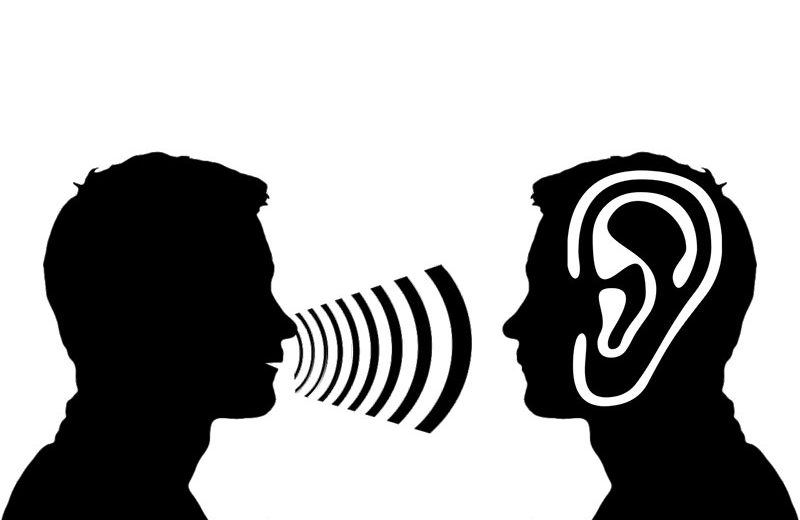Typically our brain will distinguish a note as one sound, but there is a form of hearing loss that can cause some people to hear sounds differently, at two different pitches. This troubling condition is known as diplacusis, and it’s when a person perceives a single auditory stimulus as two separate sounds. So instead of hearing just one sound, there is a dissonance in the timing or pitch of a sound, and a person often hears the correct tone in one ear, while the other ear detects the pitch as being either higher (sharp) or lower (flat). This abnormal perception is also known as “double-hearing,” so it should come to no surprise that many people find this condition to be disconcerting.
Diplacusis can occur suddenly, or it can gradually increase over time. For those who notice suddenly, it’s usually after a bout with an ear infection, exposure to loud noise, excess earwax, or from head trauma. However, not all cases are treated equal, as there are several forms of diplacusis.
Diplacusis binauralis – This form occurs when the same sound is heard differently in each ear. However, one ear hears sounds at a different timing or pitch than the other ear.
Diplacusis monauralis – In this form, one ear hears the same tone as two different sounds. There is no echo. Instead, sounds are perceived as different pitches or as a distortion.
Diplacusis echoica – With this form, the patient hears repeating sound in the same ear, with the first sound followed by the echo of the original sound. This occurs because the timing of the tones is perceived slightly different in each ear.
Diplacusis dysharmonica – This type is characterized by the differences in pitch heard in each ear. One ear hears the correct tone, while the other ear hears the sound either lower or higher than the actual pitch.
Treatment for diplacusis varies depending on the underlying cause. When diplacusis is from an obstruction or ear infection, your hearing may return to normal once the condition is treated. However, if your diplacusis is not caused by conductive hearing loss, the condition is likely to be permanent. Luckily, for some of these patients listening devices such as hearing aids and cochlear implants may be the answer.
If you notice the symptoms of diplacusis, don’t delay. Contact your hearing healthcare professional today to make an appointment.





